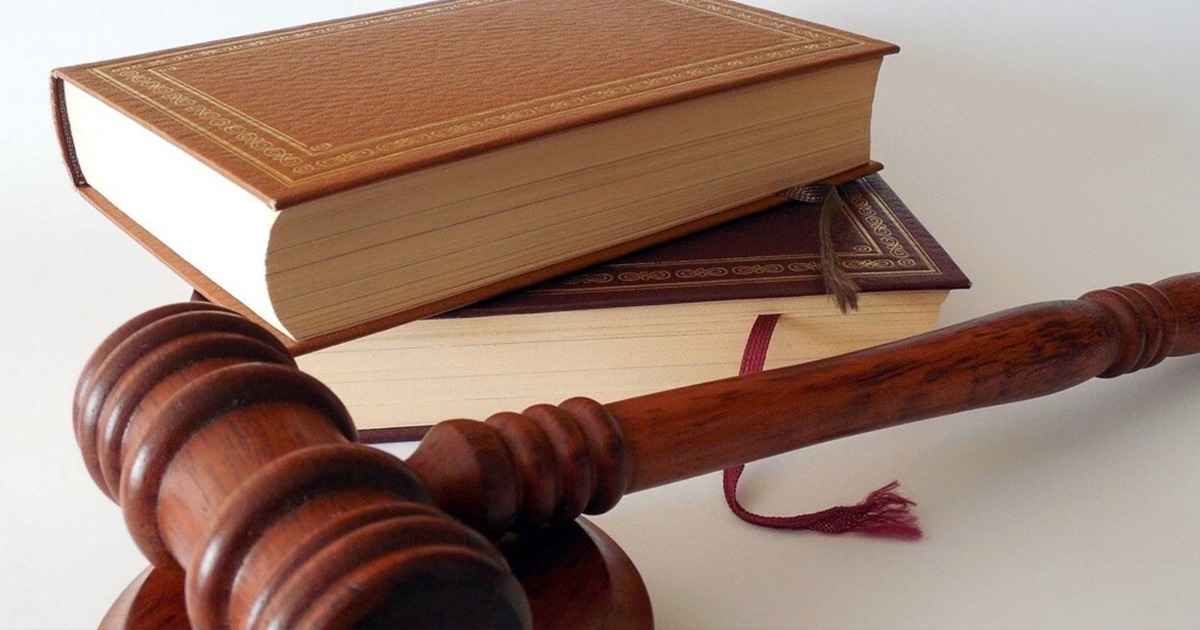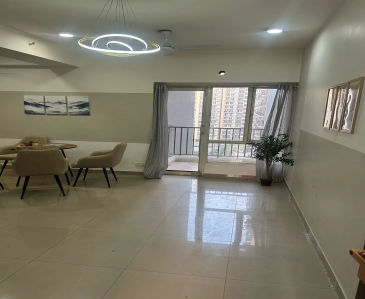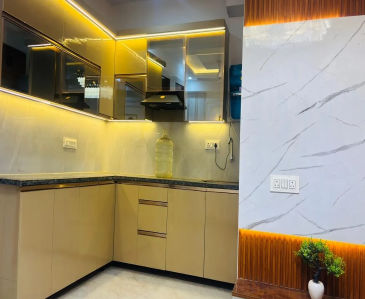JAL's allegation of a cash shortage brought on by a delay in government approvals and litigation is rejected by
By Bricksnwall | 2024-06-05

NCLT disputes JAL's claims that it experienced a cash shortage, fell behind on
loan payments because of delayed government approvals, and that its litigation
was drawn out.
New Delhi, June 4 (PTI): On
June 3, the NCLT ordered the commencement of insolvency proceedings against
Jaiprakash Associates Ltd (JAL). The company argued that delays in government
approvals, protracted litigation over land acquisition for the Yamuna Motorway,
and policy changes were the primary causes of its liquidity crunch and debt
repayment default. However, the NCLT rejected this argument.
The Supreme Court stated
that the insolvency plea must be accepted if there is a debt, a default in
repayment of the debt, and an application filed by a financial creditor under
section 7 of the Insolvency & Bankruptcy Code, according to the NCLT's
Allahabad bench.
The insolvency panel dismissed JAL's pleas to delay filing for bankruptcy, citing reasons such the company's general financial stability, ability to start CIRP, and potential use of receivables to settle debts.
The JAL counsel cited a
number of reasons, including a lack of liquidity brought on by delays in
government approvals and sanctions, protracted litigation over the Yamuna
Motorway land acquisition, an economic downturn, changes in government
policies, etc. These factors are always present when a business is conducted
and cannot be taken into consideration when a proceeding under Section 7 of the
IBC is initiated, when there is a debt and there is a default in repayment of
that debt as provided
According to JAL's submission, it is a "asset rich company" and will keep its real estate business in Noida and Greater Noida, which consists of roughly 11,000 apartments, even after selling cement plants to pay off loans under Bucket 1 and Bucket 2A.
It also included additional
assets like two five-star hotels in Delhi and one in Agra, two golf courses in
Noida and Greater Noida, a cricket stadium with real estate, and a Formula One
sports complex.
JAL has further maintained
that the company's financial performance will be enhanced by the sale of its
cement division in addition to increasing cash.
The company has ₹7,242 crore in total receivables, of which ₹5,586 crore is from the sale of the cement division to Dalmias.
The Allahabad bench of NCLT
rejected this argument, stating, "If the Corporate Debtor (JAL) feels
about its viability, feasibility and financial health, it would be more
beneficial for it after its resolution under IBC is done expeditiously before
its assets get depleted."
Therefore, we believe that it would be in its best advantage to resolve this quickly in order to get it back on its feet, pay off its debt quickly, and grow its business. Therefore, after determining that default has happened, we are not inclined to accept the claim that Feasibility, Viability, and Financial Health are good reasons to utilise our discretion for not admitting the application under section 7(5)," the statement stated.
The NCLT ruling also documented the statement from ICICI Bank, which stated that the revenues from the sale of the cement plant, which JAL used to pay off its debts related to Bucket 2A, would not assist in paying down Bucket 2B.
JAL owed ₹5,072 crore to its
lenders out of the total debt of ₹6,367 crore under Bucket 2A.
On December 13, 2017, the Master Restructuring Agreement (MRA) for JAL's sustainable debt was executed by all 32 pertinent lenders.
A Scheme of Arrangement was
required to finalise the transfer of assets and liabilities related to a debt
of ₹11,833.55 crore under Bucket 2B.
This entailed giving JAL's
remaining debt and land to a Special Purpose Vehicle (SPV) that was only
focused on real estate, called Jaypee Infrastructure Development Ltd.
ICICI Bank, however, had
argued that the receivable indicated due to arbitration is still pending
resolution and therefore receipt date is uncertain.
Furthermore, a bank guarantee is required for 75% of the money that are purportedly received via the Niti Aayog plan.
"Applicant Bank (ICICI)
has stated that as per the decision taken by it taking into account the
commercial consideration , giving of bank guarantee for an amount which is
under dispute and might be required to be refunded later, has not been
considered to be prudent and also the amount of ₹750 crore which the Corporate
Debtor may get, will not be sufficient to pay for its entire amount of debt
that is about ₹11,000 crore lying in Bucket 2B," the order filed with the
NCLT.
This has come up for
consideration, and after reviewing the factual matrix, we believe that the
scheme's viability has also been hampered because the asset in question is
disputed. As a result, we are inclined not to approve this plan," it
stated.
The company had defaulted on
repayments of ₹1,751 crore in principal and ₹2,865 crore in interest on April
30, the JAL had said last month.
Source: HindustanTimes





